Editor’s note: The following — a British perspective on the American Revolution — is extracted from The United States: An Outline of Political History, by Goldwin Smith (published 1893).
It cannot be too often repeated that the relation between the imperial country and a colonial dependency was radically false. It became more manifestly false as the colony grew in strength and every conceivable need of tutelage passed away. Separation was sure to come. It was visibly approaching. But its arrival was delayed, the tie of affection between the mother country and her offspring was for a time renewed, and the shadow on the dial which hastened towards the fatal hour was turned backward by the series of struggles in which Great Britain and her colonies were together engaged with France, the long arm of whose ambition reaching from Quebec round to the valley of the Mississippi threatened, or seemed to threaten, not only the ascendancy but the security of Englishmen in the new world, while native savages under French Catholic instigation were always harassing the Protestant settlements of New England. The population of French Canada compared with that of the English colonies was very small, but all French Canadians of military age were fighting men. Their force was wielded by the single will of a military governor such as Frontenac or Montcalm, and with them were the regular troops of conquering France. The Indian was mainly on the side of the Frenchman, who amalgamated with him more easily than the Englishman, nor did the Jesuit shrink from launching his savage convert with tomahawk and firebrand on the villages of the heretic. The English colonies had no sufficient bond apart from their common allegiance to the empire to unite them against a foe whose union was complete. Besides their disputes with the royal governors they had quarrels among themselves about boundaries, about relations with the Indians, about shares of responsibility for the cost of colonial wars. Even their commercial union was imperfect. It was difficult to induce such of them as were remote from the point of danger to contribute to the common defence. An attempt was made to bring about a defensive union. It was earnestly supported by Franklin who to his account of the loss of a fort added a picture of a rattle-snake cut into thirteen pieces with the motto “Join or Die.” But the plan when framed pleased neither the colonists, who thought there was too much in it of royal supremacy, nor the crown, which thought there was too much in it of independence. In fact the colonies could not fully feel the necessity, so long as they were united under the imperial government and led by its commanders. Nor were English colonists military like the French, but agricultural and commercial, though, as the stormy waters witnessed, they were strong and brave. Wolfe said of his North American Rangers that they were the worst soldiers in the universe, a censure which, however, must have referred more to lack of discipline than of valour and was inapplicable to bush-fighting with Indians, as the rout of Braddock’s regulars and the protection of their retreat by Washington’s Virginian Militia had shown. Ships of war the colonies had none. Hardly without the aid of British armies, fleets, and commanders would colonial prowess have prevailed over the warlike bush rangers of Quebec with the armies, fleets, and generals of France. A colonial expedition took Louisbourg, the Gibraltar of North America, without the aid of British troops; but the works of Louisbourg were then weak, the garrison was ill-provided and mutinous, the commandant was irresolute, and when his supplies were cut off by a British fleet he surrendered. Otherwise this famous enterprise, undertaken in a fit of enthusiasm, religious as well as military, and led by crusaders ignorant of war, would probably have failed. Better for the colonists than British protection against France, for which they paid by entanglement in European quarrels, would have been a compact of colonial neutrality, exempting the American colonies of European powers from wars between the imperial countries. Such a project had been framed and even embraced, but it proved abortive. As it was, New England might have been worsted in the struggle with New France had not the protecting arm of Old England been stretched over her. Though the war was European, it was in no merely British quarrel that British blood was poured out and British treasure lavished on the American field. Braddock may have been arrogant and blundering, but the fact remains that he and his soldiers were there at England’s cost to defend her American children against the French and their Indian allies. Not for Great Britain alone, but for the British race and for its ascendancy on this continent the red coats conquered on the heights of Abraham and Wolfe died.
That colonial loyalty was in a great measure fear of France and that the colonists, as soon as England had rid them of that fear, would break the tie, was the surmise of shrewd and cynical observers at the time. Yet Americans will hardly upbraid the mother country with blindness in not foreseeing that result. When the question arose whether Great Britain should retain Canada or take a sugar island which to herself would have been more valuable, Franklin pressed on her the retention of Canada. Assuming his advice to have been sincere he must have trusted colonial gratitude. There was at all events a transient renewal of love. When Quebec fell the bonfires of loyalty were lighted. England and Chatham were in all colonial hearts. If only that happy moment could have been seized for parting in peace! If when the British flag was run up on the great stronghold of France, the mother country could have said to the child, “I have done for you all that a parent could do, I have secured to you the dominion of the new world, you have outgrown my protection and control, follow henceforth your own destiny, cultivate your magnificent heritage and be grateful to the arm which helped to win it for you!” Had those unuttered words been spoken, how different might have been the history of our race, perhaps to the end of time!
It is needless and would be painful to recount to Englishmen the annals of a quarrel which fills a too familiar page in English history, and wretched as it was on both sides, went nearer through its European extension than even the domination of Louis XIV or the conquests of Napoleon to bringing the head of England low among the nations. Few require to be again told how when England was burdened by a heavy debt contracted in the war, George Grenville in an evil hour bethought him of making the colonies contribute to their own defence, while he enforced at the same time with calamitous industry the fiscal laws and the restrictions on trade; how to raise revenue for a colonial army he imposed the stamp duty; how the colonists resisted and Chatham applauded their resistance; how by Rockingham with Burke at his side the stamp duty was repealed, while with the repealing act was unhappily coupled, to save imperial honour, a declaration of the power of Parliament to bind the colonies by its legislation in all cases; how peace and a measure of good feeling were thereby restored; how Townshend usurping command of the government during an eclipse of Chatham madly re-opened the fatal issue by the imposition of a number of import duties; how Parliament gave a careless assent to Townshend’s proposal; how colonial resistance was renewed; how while the other duties were repealed pride and obstinacy retained the tea duty as a proof of power; how strife again broke out and ended only with the destruction of the unity of the British race. Nor would it be profitable to rehearse arguments which were mostly in the air, though they had too practical an influence on the conduct of statesmen and of political assemblies. A sovereign power there must have been somewhere. Where could it be but in the Imperial Parliament? Had not the colonists just acquiesced in an act declaring the power of Parliament to bind them in all cases? Out of the jurisdiction of Parliament they could not pretend to be, since they had submitted to laws made by Parliament respecting navigation, trade, naturalization, and other imperial matters, not to mention the Habeas Corpus Act, or the common law which was recognized in the colonies, and must have had for its basis the legislative supremacy of the parliament of Great Britain. That there was an essential difference between internal and external taxation, as Chatham in the interest of peace and unity contended, few will now maintain. The sovereign power must include the power of taxation, and taxation is but an exercise of the legislative power in the form of a law enacting that the impost shall be paid. We rely for our judgment respecting these questions mainly on Burke. But Burke though of all rhetoricians the most philosophic was still a rhetorician and presented only one side of a case. Of this his essay on the French Revolution is the memorable and disastrous proof. Though he goes deep into everything he seldom goes to the bottom. You cannot extract from him any definite theory of the colonial relation, of the authority which an imperial country was entitled really to exercise over colonial dependencies, or of the use of such dependencies if authority really to be exercised there was none. Was Great Britain bound to defend the colonies and were the colonies not bound, unless they chose, to contribute to the defence? Was each colonial legislature in the case of a peril calling for common effort to be at liberty to renounce its share of the burden? It is said that if England had then done by the American colonies as she has since done by her other colonies, the result would have been equally happy. The result is that she bears the whole burden of imperial defence and all other expenses of the Empire while the colonies lay protective duties on her goods. Of such an empire neither Burke nor anyone else at that time dreamed. They all, however indistinct their vision might be, had in their minds an empire of real power and solid gain.
Would Chatham have thought of allowing the colonies to lay protective duties on British goods, he who talked of forbidding them even to make a nail for a horseshoe? Wisdom spoke, albeit in a crabbed way, by the mouth of Dean Tucker, on whose mind, Tory as he was, the truth had dawned that colonial dependencies were of no real use commercially, inasmuch as you might trade with a colony just as well when it was independent, and of less than no use politically when they were in a chronic state of smothered sedition and refused to contribute to the defence of the Empire. The Dean advised, if the colonies persisted in their refusal, to bid them begone in peace, an invitation which at that time they would almost certainly have declined. But the voice of wisdom was not recognized even by the philosophic Burke. On the other hand Burke was surely right in rejecting the plan countenanced by Adam Smith of colonial representation in the Imperial Parliament. The difficulty of distance would have been very great, that of the appointment of representatives still greater, especially as the House of Commons was then constituted; that of a total want of community of interest between states on opposite sides of the Atlantic would have been the greatest of all. The plan of a federal union between the American colonies and Great Britain floated as some think before the mind of Chatham. Such a union might have lived with Chatham; with Chatham it would have died.
At the same time we must recognize the natural sentiment of empire. When Chatham speaks with pride of that “ancient and most noble monarchy” which his genius had raised to the height of glory, and with anguish of its possible dismemberment, his emotion is surely not less generous than any that swelled the bosom of Samuel or John Adams, Patrick Henry, or Thomas Paine. It may even be said that the determination of George III to hold the colonies at whatever cost of blood and treasure, at whatever risk to his crown, was more complimentary to them, if it was less kind, than the proposal of Dean Tucker at once to show them the door. This controversy to Americans is dead. For England it will retain something of a living interest so long as the tie of colonial dependence, though attenuated, continues to exist with difficulties and liabilities reduced yet not annulled.
That the cause of the revolt was not general oppression of the colonies by the mother country seems clear. We have seen that when a governor of New York charged his assembly with a tendency to independence, the assembly responded by a vehement protestation of attachment to the government under which they lived. Franklin declared that having travelled over the whole country and kept company with people of all sorts he had never heard from any person, drunk or sober, the expression of a wish for separation or a hint that such a thing could be advantageous to America. John Adams said as late as March, 1775, of the people of Massachusetts itself, “that there are any that hunt after independence is the greatest slander on the province.” Jefferson averred that before the Declaration of Independence he had never heard a whisper of disposition to separate from Great Britain. Washington said in October, 1774, “I am well satisfied that no such thing as independence is desired by any thinking man in all North America; on the contrary that it is the ardent wish of the warmest advocates for liberty that peace and tranquillity on constitutional grounds will be restored, and the horrors of civil discord prevented.”
The New York Congress, in an address to Washington after his assumption of the command, declared that the fondest wish of every American soul was an accommodation with the mother country; and Washington in his reply recognized the re-establishment of peace and harmony between the mother country and the colonies as the ultimate object of his undertaking. New Hampshire, Pennsylvania, Virginia, South Carolina, New Jersey, spoke in the same strain as New York. Massachusetts, the very hotbed of revolution, in her address to the king, spoke of the restoration of union and harmony between Great Britain and her colonies as indispensable and necessary to the welfare and happiness of both. John Adams was warned by his associates in the movement at Philadelphia that if he uttered the word independence he was undone, for the idea was as unpopular in Pennsylvania and in all the middle and southern states as the Stamp Act itself. He confesses that when he broached the idea he was avoided as a man infected with leprosy. Even years after he said, “For my own part there was not a moment during the revolution when I would not have given all I possessed for a restoration to the state of things that existed before the contest began, provided we could have a sufficient security for its continuance.” If some of these professions were hollow, that only proves the strength of the general feeling which demanded the tribute. Did the authors of the revolution aim at independence, or did they not? If they did not, they could hardly have been groaning under systematic oppression; nothing less than which, moderate men would say, can justify revolution and civil war. If they did, the British government apparently may claim to be absolved so far as they are concerned, since what they sought was a thing which by their own showing the vast majority of their own people abhorred, as well as a thing which by its recognized duty the British government was bound to refuse. In fact the panegyrical historians stand not for two pages on the same foot; in one page they applaud the patriot for aiming at independence, in the next they represent constitutional redress as his sole aim.
Separation, again be it said, was inevitable. It was too likely that, the vision of statesmanship being clouded as it was respecting the relation of colonies to the mother country, the separation would be angry and violent. Still it might conceivably have been amicable, and that dark page might possibly have been torn from the book of destiny. Woe, we must say, to them by whom the offence came and through whose immediate agency, culpable in itself, the two great families of our race were made and to a deplorable extent have remained enemies instead of being friends, brethren, and fellow-workers in the advancement of their common civilization. Woe to the arbitrary and bigoted king whose best excuse is that he had not made himself a ruler instead of being what nature intended him to be, a ploughman. Woe to Grenville, who though not wicked or really bent on depriving the colonies of their rights, but on the contrary most anxious after his fashion to promote their interests, was narrow, pedantic, overbearing, possessed with extravagant ideas of the authority of Parliament, and unstatesmanlike enough to insist on doing because it was technically lawful that which the sagacity of Walpole had on the ground of practical expediency refused to do. Woe above all to Charles Townshend, who, with his vain brilliancy and his champagne speeches, repeated in the face of recent and decisive experience the perilous experiment and recklessly renewed the quarrel. Woe to Lord North, and all the more because in stooping to do the will of the king he was sinning against the light of good nature and good sense in himself. Woe even to Mansfield, whose supremely legal intellect too ably upheld the letter of the law against policy and the right. Woe to the Parliament — a parliament be it ever remembered of rotten boroughs and of nominees not of the nation — which carelessly or insolently supported the evil resolution of the ministry and the court. Woe to the Tory squires who shouted for the war, to the Tory parsons who preached for it, and to the Tory bishops who voted for it in the House of Lords. Woe to the pamphleteers of prerogative, such as Johnson, whose vituperative violence added fuel to the flame. But woe also to the agitators at Boston, who, with the design of independence unavowed and of which they themselves were perhaps but half conscious, did their utmost to push the quarrel to extremity and to quench the hope of reconciliation. Woe to the preachers of Boston, who whether from an exaggerated dread of prelacy or to win the favour of the people made themselves the trumpeters of discord and perverted the gospel into a message of civil war. Woe to contraband traders if there were any, who sought in fratricidal strife relief from trade restrictions; to debtors if there were any, who sought in it a sponge for debt. Woe to all on either side who under the influence of passion, interest, or selfish ambition fomented the quarrel which rent asunder the English race.
(Continued in Part 2)



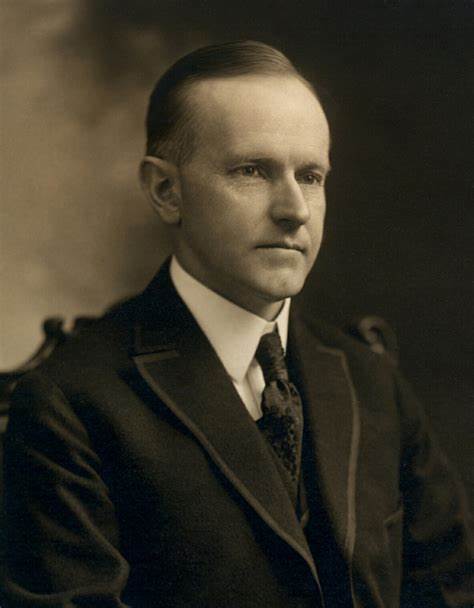
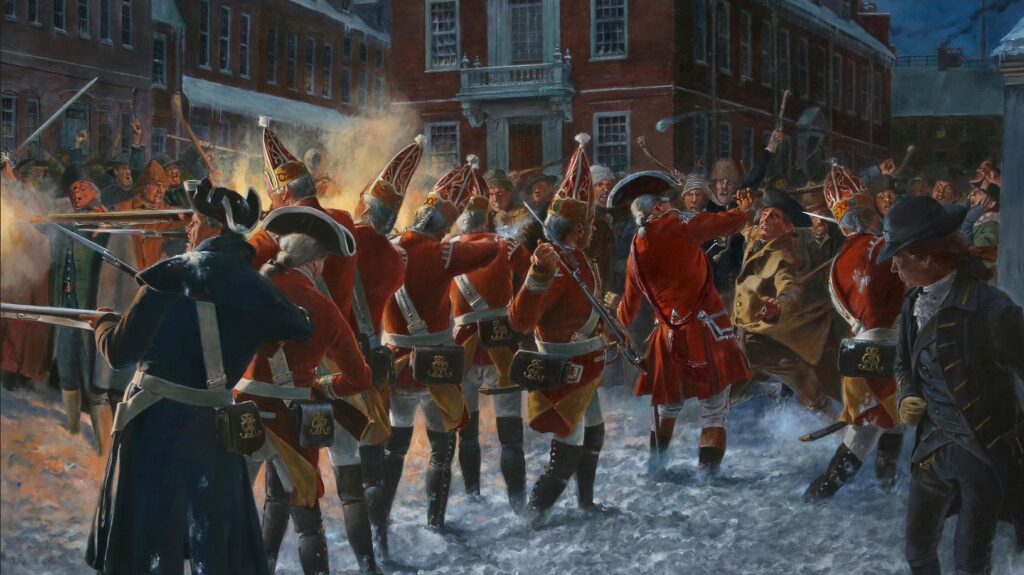
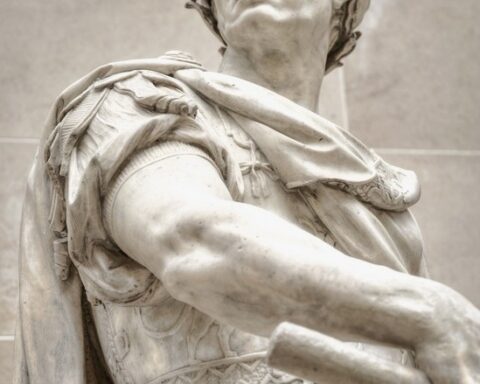

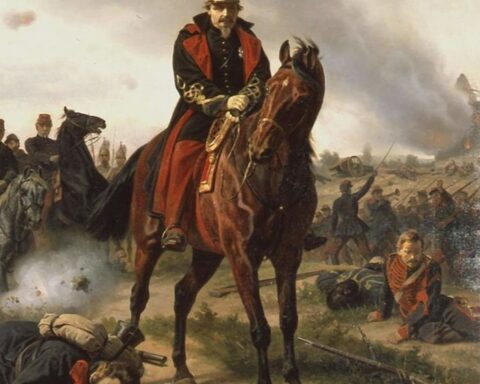
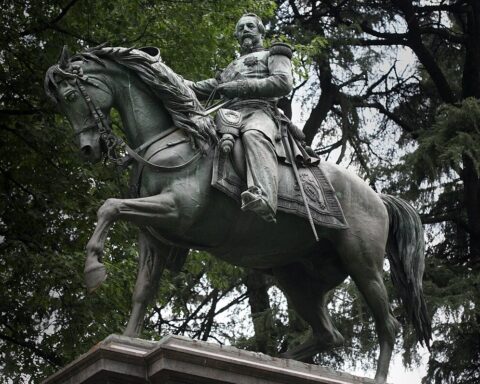
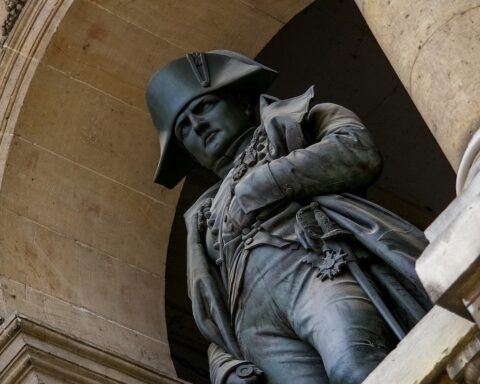
This is good. I don’t think I’ve ever read a long piece from the British perspective about the events surrounding the Revolutionary War.
‘Washington said in October, 1774, “I am well satisfied that no such thing as independence is desired by any thinking man in all North America; on the contrary that it is the ardent wish of the warmest advocates for liberty that peace and tranquillity on constitutional grounds will be restored, and the horrors of civil discord prevented.”’
That floors me Washington was still thinking things could be mended as late as 1774!